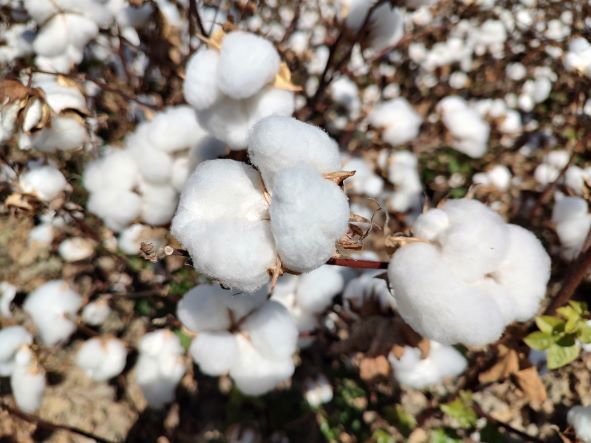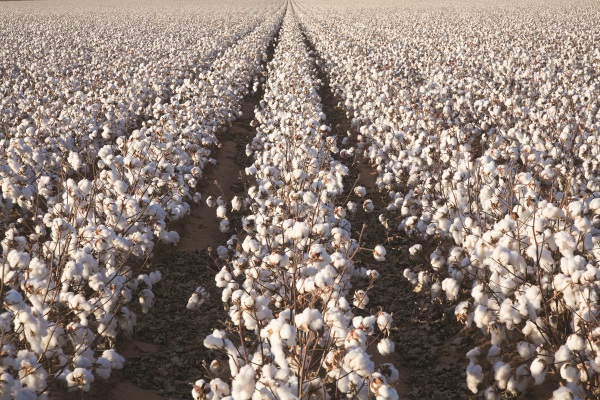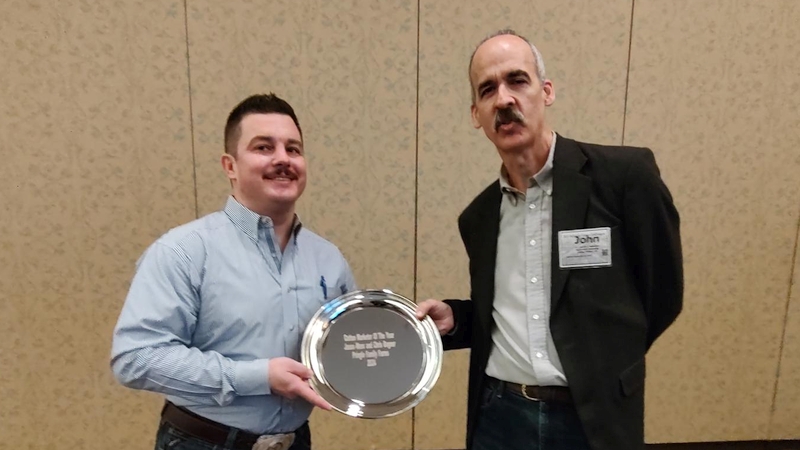Kenyan Cotton Estimates Explode on Anticipation of Bt Cotton
Cotton production in Kenya could increase by as much as 500 percent if regulations permitting the use of genetically modified cotton are enacted later this month. The Kenya Agricultural Research Institute has been researching the safety of Bt cotton for more than six years, and barring some unforeseen developments, it is expected to be legalized sometime in August 2010.
Although the use of genetically modified cotton hasn’t been permitted in Kenya, imported clothing is often made of Bt cotton. The fact that it has been used for a long time without any apparent side effects prompted the country to investigate commercializing it.
Experts predict that cotton production will increase from 50,000 bales per year to more than 300,000 bales, enough to meet Kenya’s deficit. There are multiple pests that can threaten cotton crops in Kenya–aphids, bollworms, jassids and whiteflies, among them–and as much as 30 percent of production costs are directly attributable to pest control.
The task force leading the commercialization effort has recommended that 100,000 acres of land be reserved for Bt cotton to jumpstart its impact. If the commercialization efforts develop as expected, Kenya will become the third African nation to legalize the use of Bt cotton, after South Africa and Burkina Faso.
(Story can be found in original context here.)








